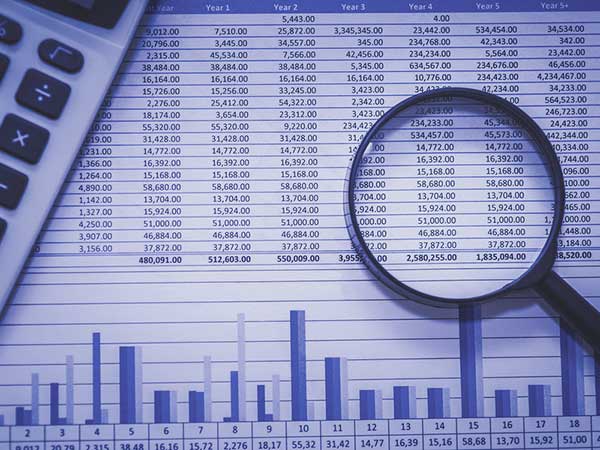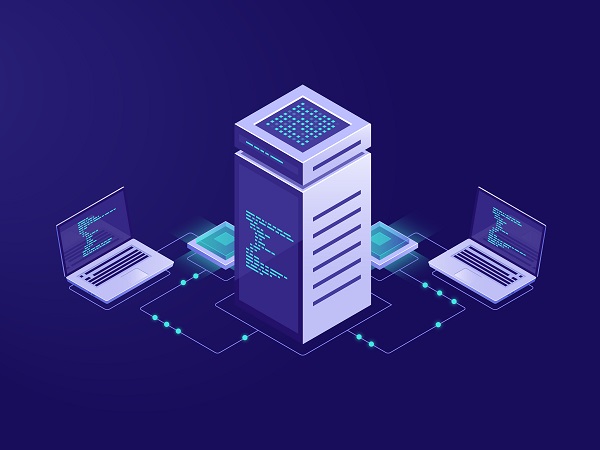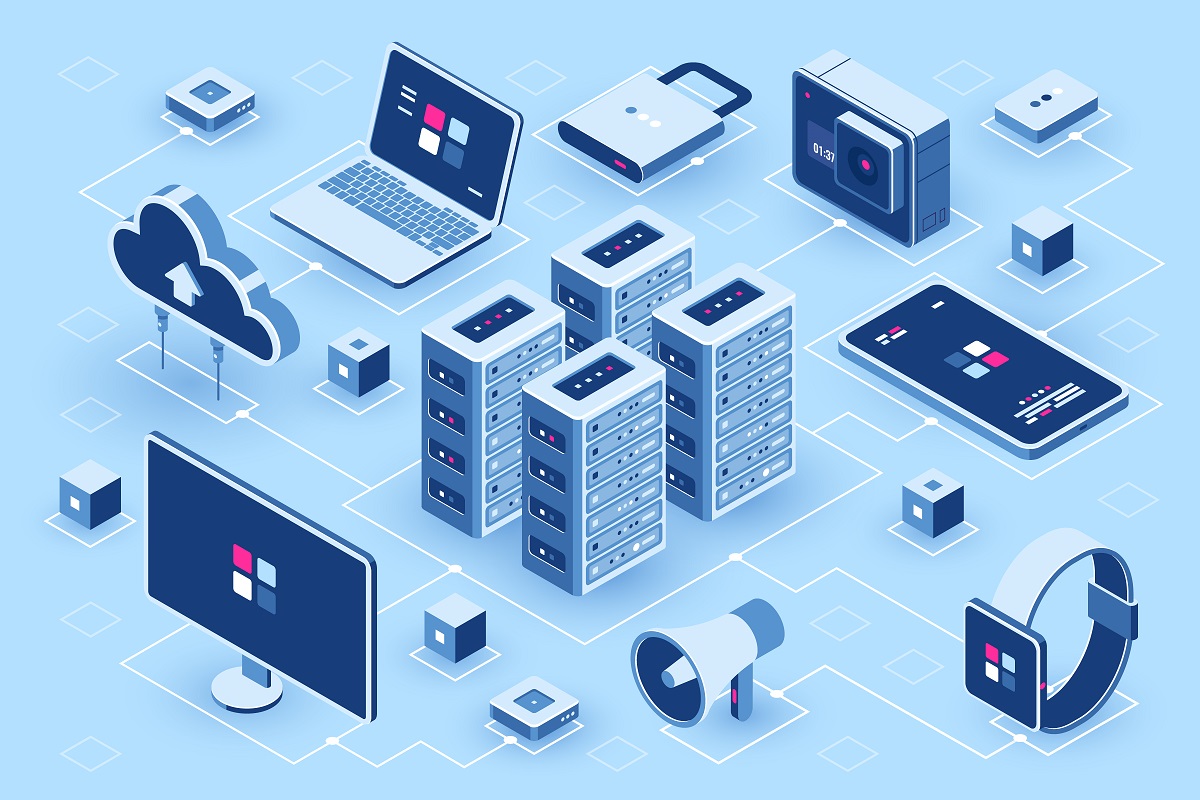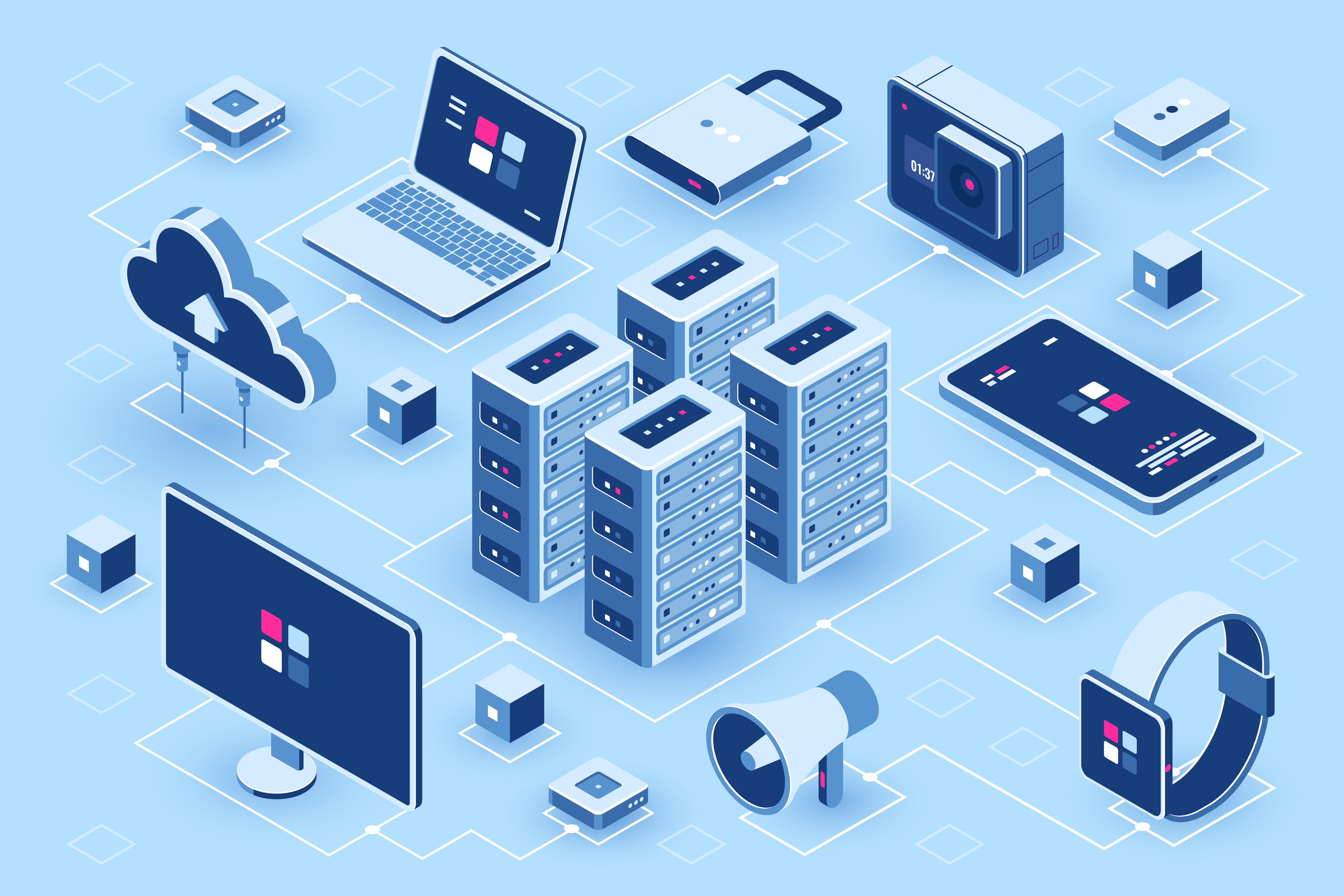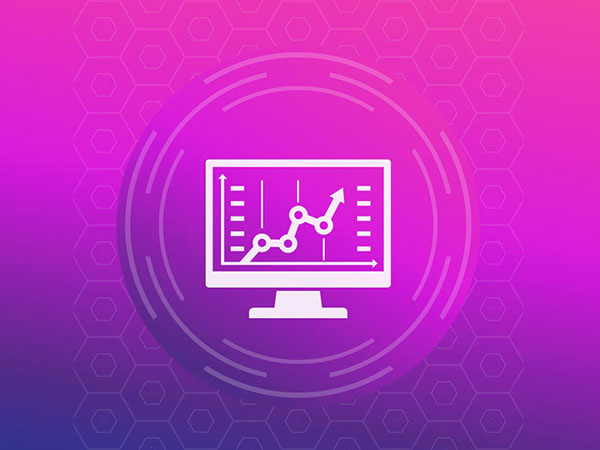Today, the internet bleeds into almost every facet of everyday life — it empowers our productivity, enhances our entertainment, and enables our communication. As it does these things, of course, it generates a vast quantity of data: rich, complex, wide-reaching data on everything from the money we spend to the websites we visit.
Data science is the practice of drawing from this immense pool of raw data to reach logical conclusions and generate predictions, parsing and processing it to solve problems that could never be handled without such in-depth insight. Throughout recent years, data science has gone from a technical curiosity for most to a standard focus of the business world.
Why have so many individuals and businesses invested so heavily in data science? The main reason is that it’s a huge boon for efficiency — the smarter an operation becomes, the more it can achieve with less. Let’s look at 5 ways in which data science can help you work smarter:
It can gauge sentiment
Popular perception is hugely consequential in this era of expansive social proof, personal brands, and Twitter-using CEOs. Knowing how you’re viewed is key for making decisions about everything from the products and services you offer to the levels of support you provide — the alternative is operating in the dark, simply basing decisions on gut feeling.
What data science brings to the table is high-level sentiment analysis, processing vast swathes of data to infer how specific entities (be they products, services, individuals, or brands) are rated and discussed. Tools like RapidMiner are perfect for this. This information allows you to course-correct: if you make a significant change to how you operate, and sentiment clearly turns against you, you can roll it back without investing any more time or money in a doomed effort.
It can attribute relationship value
Not all customers, partners and clients are of equal value, and treating them equally — however well-intentioned — is firmly ill-advised. Think about all the demands placed on your time: if you only get a few hours each week to provide exceptional customer service, you don’t want to spend that time helping a low-value customer, because the ROI won’t be there.
Through weighting your professional relationships in a logical way, data science can free you up to make the smartest possible decisions about not only your calendar but also how you spend money on new technologies and operational improvements. If your highest-value customers are pushing for a change to your fundamental UX design approach, and the data suggests that it would prove to be a lucrative move, you can make that change a priority.
It can predict future demand
It’s important for any type of business to have some idea of the demand it will face in the near future because there are core resources to be sourced and paid for (many that must be ordered well in advance). When you’re completely unaware of what you’ll be doing a month from now, you certainly can’t make sensible financial choices — this can be enough to sink your business.
Provided you gather enough significant data, you can put a system in place to analyze it and give you a smart prediction of what you’ll need to be doing in the coming weeks. This is particularly useful in the e-commerce world where it’s hugely dangerous to have too much stock or too little stock. Combining a system with rich metrics such as Shopify’s enterprise-level Plus platform with an inventory forecasting app such as Inventory Planner is an economical way to ensure the most efficient allocation of resources.
It can highlight weak links
Every organization has its strengths and weaknesses, and the bigger a company grows, the greater the disparity between the two can grow. For instance, you could have an exceptional product, but ultimately see all the design work wasted by a mediocre marketing team. And when you’re in the thick of the daily grind, it’s a lot harder to spot the deficiencies than you might think.
Data science helps you to take a well-rounded view of the entire business, seeing how the various elements work together (or against one another, as the case may be). If your analysis shows that one department, in particular, is massively underperforming relative to the others, you can take action to address that issue, leading to a more efficient business overall.
It can identify useful trends
Even the most committed innovators need to be paying attention to industry trends because they provide essential information about changing consumer requirements and technological developments. And the earlier you spot a trend, the more useful it will prove in steering your future activities (particularly when you see something before others do).
Through relentlessly churning through data from so many sources, data science can identify major trends very early — and since this process can be automated, you can highlight them without any need for painstaking manual investigation. You can spend the time that would have gone towards trend analysis on something that truly demands your attention, and consistently revise your strategy to stay ahead of the curve.
Approached in the right way, data science is a hugely powerful addition to any business. It can help you build your brand, shore up your weaknesses, and allocate your resources in the most economical way. If you’ve yet to make it a part of your overall business strategy, what are you waiting for?
